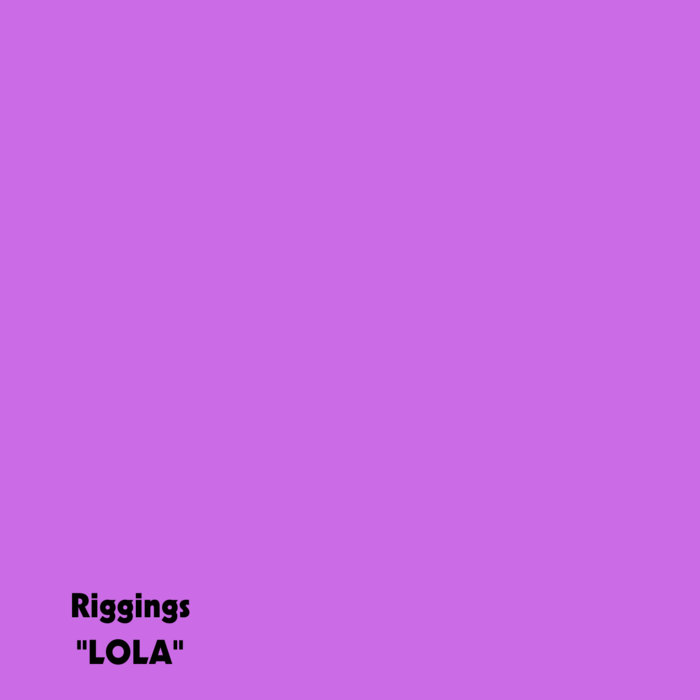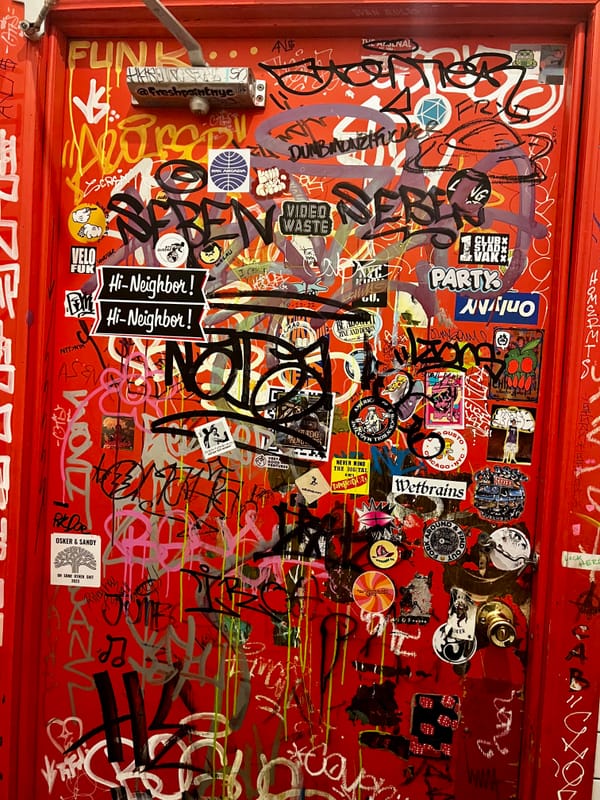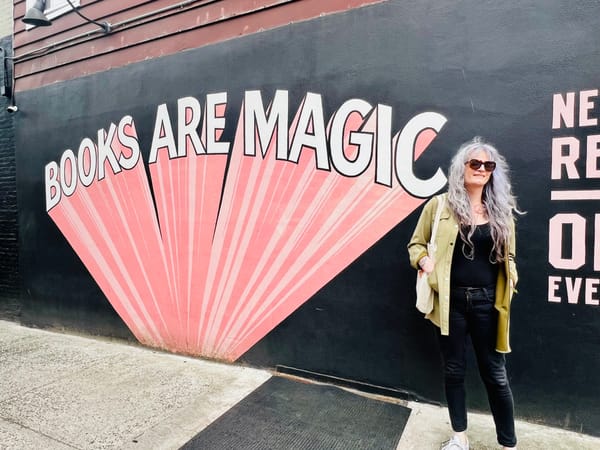Tastes just like Mr Pepper

I'm prefacing all of this by saying I know I'm annoyed, and I'm aware of how often annoyed is the gateway drug to being annoying. Edging on frustration.
I haven't had to think about gender for a long time, not in a real and pointed way. My upcoming book, The Dad Rock That Made Me a Woman, is about gender but not really. It's about labour, death, loss, addiction, music, growing older, rebirth. It's about gender too, but gender as it relates to and is impacted by all of these larger questions and ideas.
I've been out as trans for close to a decade, which leaves me at a point where I kind of don't think about it unless I want – or have – to. I joke about it from time to time about it maybe, or I make sure people are aware of it if the situation warrants, but it's not a central theme of my life. It doesn't haunt me, or prod me with its urgency and thrilling truth anymore. There was a time in the first few uneasy years where it was kind of all I wanted to talk about. This happens a lot, I see it in trans people just coming into themselves now. How shiny and new this feeling is, how to share it with all the ears willing to listen.
I know this excitement edges on being annoying, because all of the best things in life do. We should all be so lucky to have statement walls of our lives we are so excited to share.
I don't talk about it as much, the transness and gender of it all, but it has been weighing on me lately. How often I am called dude and man in conversations. How often I am treated like a man by well-meaning and intentioned people, until they see me as something else and then I am often treated like nothing at all, the whisper of a life. These are small moments in a day, incalculable by time or weight but they will haunt me all the same if enough are gathered.
I often wonder if all the pronoun training we have done in board rooms and opening remarks has only taught people to see me as a man you use she/her pronouns for. Maybe that’s fine, most of the time it just feels a generic kind of bad, like a friends mom who has a fridge full of soda called Mr Pepper.
If you are reading this and you are wondering "have I done this", it's likely that you have and I didn't say anything because this is how imbalances work. One person is always higher where the other can only touch the ground. I’ve learned to accept that these interactions will feel bad, and I learned how to not let them make me feel any different.
I tend to not say anything for a reason, often is that it doesn't always matter, and more often still it's because I worry that pushing back on all of these little nothing moments might mean I become this kind of nothing person, perceived only as difficult. I worry that this will lead to having what little voice and place I have in cultural conversations taken away from me by the people who hold doors open. It's silly to worry about this kind of thing, and people will tell me in comments and emails and replies and conversations that I shouldn't worry about this but the people who can confidently say you shouldn't worry are often themselves never in danger of losing for speaking.
Sometimes I wonder how it feels to hold open a door you don't even see.
This morning I listened to an episode of Sound Opinions – hosted by Greg Kot and Jim DeRogatis – that opened with a lingering threat. An episode of their Desert Island Jukebox series which proposed a conversation on gender exploration in two versions of the same song and immediately I am filled with a kind of dread.
I know, I know before I ever open the fucking link, they’re going to talk about “Lola”.
“Lola” appears on the Kinks’ 1970 album Lola versus Powerman and the Moneygoround. It’s a record of great and terrible beauty that moves through frustrations with the state of the music industry but the lead single, the first written for the album, is “Lola”.
Lola is by all accounts mostly based on real events. It’s been posited that this is a song mirrored by movements in real life, the Kinks manager rumoured to have spent a night dancing in Paris with a beautiful Black trans woman and Ray Davis pointing out to his manager that he can see stubble on her. The Kinks’ manager doesn’t really care, maybe there was simply too much beauty and dancing and movement in the night to care. There are also theories that it was written after Davis went on a date with Candy Darling, or that it was based on going to drag clubs, mingling about with the transsexuals of the hidden away parts of London in the tail end of the 60s.
What we know from all of these stories, told with clumsy and imperfect language in song, is that Lola is a trans woman.
It is dipped in innuendo, like so many conversations about transness seen through a veil, but it is all the same a sweet and charming song. I like “Lola”, a lot, a fact not common with all trans women. I like that “Lola” is given a name, agency, and desire. She is built of confident beauty, we are led to believe this. She isn’t an object of scorn or ridicule. She just is; an imperfect beautiful woman named Lola.
It is a story to tell, there is history here in the building and telling of it all, but this doesn't happen on the show. Lola, like so many trans lives in conversations like this, isn't real. Just an idea that moves a conversation about her from one point to the other. Immaterial, a kind of nothing.
On Sound Opinions we wade into a conversation Greg and Jim seem unprepared for, as is often the case when two well-meaning men talk about music, when they pick through lives and identities they have never had to imagine the truth of.
They refer to Lola as a trans man, or maybe a crossdresser.
I am drinking warm Mr Pepper.
They discuss the cover by the Raincoats, marvel at how nice it is that it keeps the male pronoun for Lola and it all feels a little too close to the compounding interest of men saying man and dude to me in ways they don’t to the cis women in their lives.
I believe this conversation, like so many of these interactions, comes from a good place too. One of genuine affection, desire, earnestness and pleasure. Lola as this sterling example of transness and gender in music long before the conversation hit critical discourse or mainstream conversations. And this is true, but we are now in a very different place looking back and I’m left marvelling with wonder how nice it would feel to be allowed to be so wrong with so much confidence.
If you'd like to hear "Lola" interpreted by transness and desire, listen here:






